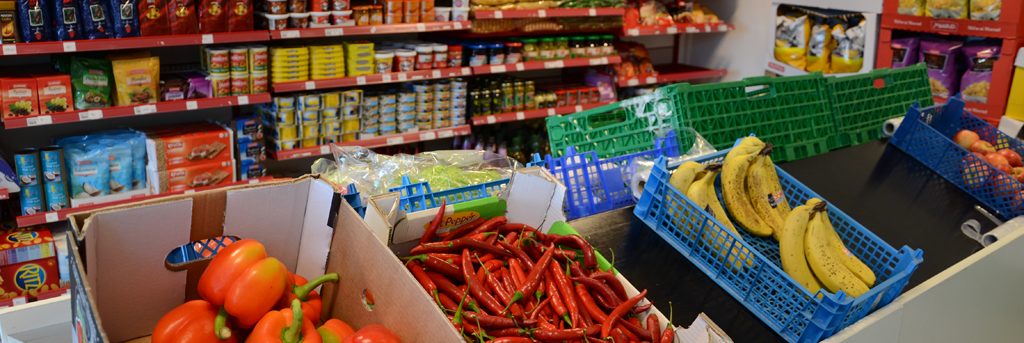The Inclusive Business Action Network (IBAN) and the Responsible & Inclusive Business Hub (RIBH GIZ) invited 20 Tunisian entrepreneurs from the local food industry to Tunis to identify how to integrate low-income groups into their value chains. Our research and the discussions revealed that the concept of inclusive business exists in Tunisia, but the specific term is not yet used.
Tunisia is quite a particular market for FMCG: in a country where more than 60% of the population lives on less than 9 dollars a day[1], we found most inclusive business in FMCG involve low-income groups as suppliers. Companies like the Tunisian subsidiary of dairy company Danone, Delice Group, tomato processor SICAM and date exporter VACPA interact with a large number of smallholder farmers. To secure consistent supply and good quality, companies provide support to farmers through training on good farming practices, productivity increase, hygiene standards or managerial skills. The companies also partner with financing institutions for better access to finance or offer machinery, that they buy in bulk at low cost to their farmers.
We only found a couple of examples of FMCG companies in Tunisia involving low-income groups in other parts of the value chain: the retailer Mazraa Market is developing a small franchise supermarket chain that trains unskilled labor as sales staff, who then gradually acquire the management and accounting skills required to become entrepreneurs in their own right. Tunisie Recyclage and EcoGad employ waste pickers who thus generate an income and support the waste management.
Compared to other countries with a similar high percentage of low-income population, there are only few activities tailored to this group. Why do companies not have sales strategies for low-income groups? In Tunisia, many basic FMCG food items like milk, flour and vegetable oil are subsidized by the government, and companies reported that data available on the target group is, as so often, limited. FMCG are widely available, also in rural areas, so there are no particular strategies for last-mile delivery as the infrastructure is relatively well developed and transport not too expensive. The resulting low prices of FMCG makes affordability not a key issue.


There is, however, the potential to engage the target group earlier in company value chains. Involving low-income customers in the design of products that meet their needs will help to ensure that these products are relevant for and accepted by, say, customers who we interviewed for the report like Dunja and Mohammed (see their profiles in the boxes). In Egypt, Tetra Pak identified the needs and aspirations of its low-income customers by including them in the design of products.
One interesting solution could be to engage micro-entrepreneurs in collecting market intelligence on informal markets and thus to advise companies on how to design and market their products in low-income or rural environments. Involving customers in the development of marketing messages may also be a potential field for companies to explore.
The diverse group of participants, including rural farmers who travelled 3 hours from rural Kairouan to Tunis to participate in the workshop and company representatives from Tunis, presented concrete ideas on how to adopt their newly acquired knowledge for their purpose: Working on inclusive (agri-)business plans, raising awareness on a balanced diet, looking for business design and implementation partners, and working with IBAN to further the understanding of inclusive business. Following the workshop, IBAN provides support on the ground through a local consultant that accompanies companies in their endeavors.
In November 2016, RIBH, IBAN and Endeva organized a workshop for company representatives and entrepreneurs of the Tunisian food sector, following Endeva’s research on Inclusive business in Tunisia with a focus on edible fast-moving consumer goods. In the workshop Délice Danone shared how they source milk from 60,000 smallholder farmers owning five or fewer cows.
This blogpost was authored by Isabel von Blomberg and originally featured on the Practitioner Hub for Inclusive Business.


